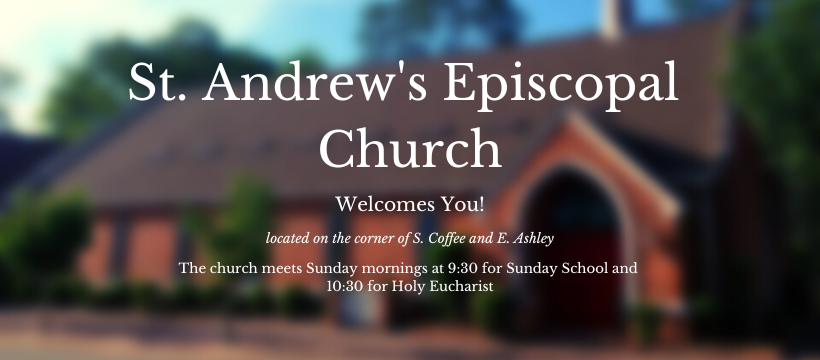Doing what’s right is not always an easy thing to gauge. I think that’s why so many dramas are so popular. The main character in a really good drama is usually caught between a rock and a hard place, trying to pick the lesser of two evils. I think most people can identify with this scenario. I want to be a good friend, but I don’t want to be perceived as a busy body. I want to do something good, but I also need to eat. Time is money, so there is an inherent cost associated with participation in any extracurricular activity. I want to do something for the environment, but that can be hard work. If you want to recycle, you have to separate those items from normal garbage and then you have to make the extra effort to make sure the items get to where they need to go. When I’m faced with a challenge, I usually fall into the “all or nothing” category. Either I recycle everything or recycle nothing. The same applies to dieting. I either eat all healthy or mostly not. This is not a good practice, because something is usually better than nothing.
In today’s gospel reading, Jesus tells his flock to sell their possessions and give alms. He tells them to prepare like slaves waiting on their master to return from a wedding banquet – to be alert, on their guard. These images may incite fear and anxiety. What’s a person to do with no possessions? What will the master do if he returns and finds the slaves are not waiting as expected? An what is this about a thief in the night? Is Jesus coming to rob us? There is so much going on here that it is easy to miss the point. Too many times scripture is used as a weapon to scare others into doing what is considered right. And from today’s passage, you might identify why that may be. It seems like there is way more negative going on here than positive. Poverty is no fun. If you sell all your possessions, you might find that you are the one needing alms. Although it still exists in practice, slavery has been made illegal throughout the world. The idea of being a slave, even a good slave is less than desirable.
It’s easy to overlook the message Jesus is trying to convey to his followers. Let’s go back to the beginning of this passage. The first thing Jesus says to his disciples is “Do not be afraid, little flock.” “Do not be afraid.” Jesus is not trying to incite fear, but rather he is trying to ease their fears. He warns them not of having possessions but letting their possessions have them. Like the parable from last week, if your treasures are stored up in big barns, there also will be your heart – benefiting no one. But if your treasures are given to the poor to relieve their suffering, your heart will be devoted to the well-being of others. The kingdom that Jesus proclaims has the master returning from the wedding banquet and serving the slaves. So, you see this is good news that Jesus is sharing not a way to manipulate people into doing what you want. Like many of Jesus’ teachings our ways of understanding are turned on their head.
The kingdom of heaven is coming. It has come near with the entrance of Jesus into our world. It draws nearer still when we look beyond our own selfishness and reach out to our neighbors. What if it is true that “where your treasure is, there your heart will be also?” What do you treasure? What does it say about your heart? It’s never too late to make a change. Thanks be to God, we can make alterations and adjustments to our actions. If something does not line up with how we would like it, we can make it straight. The change will not happen overnight, and it will not happen at all if we rely only on our own strength. God wants his kingdom to be ours, we just have to accept that reality and live accordingly. While he will not take this kingdom away from us, we can throw it away or overlook it altogether. But fear not, God knows we need all the help he can give us. Amen.



